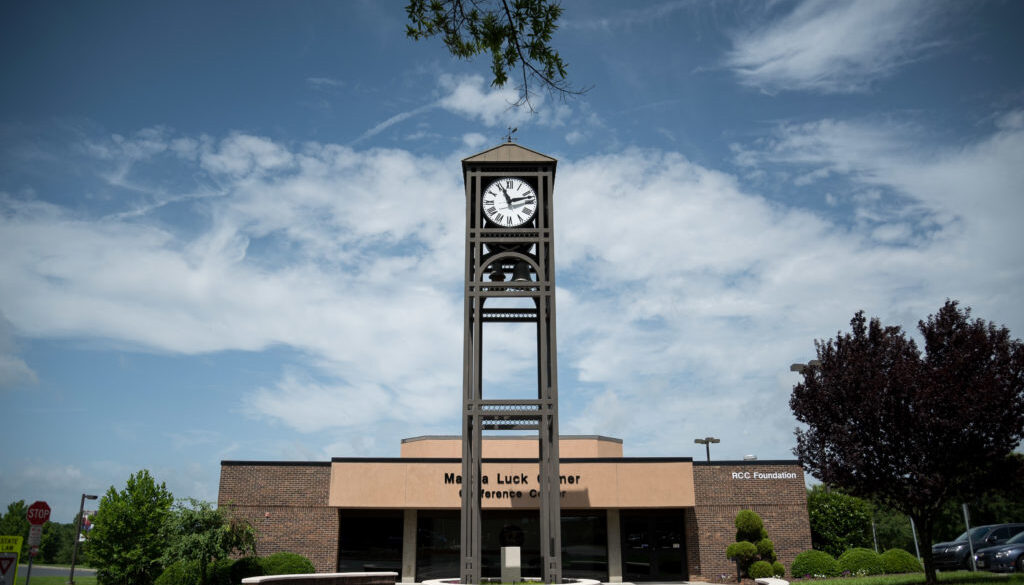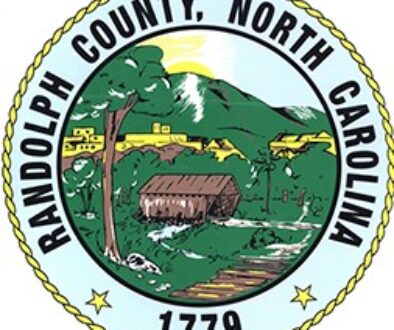Community College report shows major economic impact
RALEIGH — A comprehensive new economic impact analysis finds that North Carolina’s 58 Community Colleges have a $19 billion annual impact on the state’s economy and supports more than 320,000 jobs across the state.
The economic impact study found for every dollar the state invests in North Carolina’s Community Colleges, the state gains $7.50 in added incomes and social savings. The colleges generate nearly double the revenue from what they take in from the taxpayers. For every $1 the state invests, taxpayers get $1.90 back in added tax revenues and public sector savings, according to the study.
“The Community College System serves over half a million students each year and fuels North Carolina’s job engine,” said system president Thomas Stith. “Our strong partnerships with business and industry in our communities and around the globe are creating a demand for our community colleges to provide the unique and skilled workforce needed, and we are leading economic recovery efforts in North Carolina.”
The report was an exhaustive undertaking supported by the North Carolina General Assembly, leaders from the N.C. Association of Community College Presidents, N.C. State’s Belk Center for Community College Leadership and Research, and national research leader Emsi Burning Glass.
“It’s been a privilege to have worked and supported our education partners on this study from the beginning as I was confident the results would blow us away. And it did. I think it’s fair to say not many government-funded programs generate more revenue than they take in from taxpayers,” said State Sen. Deanna Ballard (R-Watauga), who chairs the Senate Education Committee. “It’s critical that our high school graduates and adults looking to gain new skills take advantage of the incredible opportunities that their local community college provides.”
The report also says that community college graduates have higher incomes that contribute to a larger tax base and a growing state. For example, students who graduate with an associate degree from a N.C. community college will see an increase in earnings of up to $7,000 or more each year compared to a person with a high school diploma or equivalent. If the student builds upon their associate degree to then earn a bachelor’s degree, their annual income also doubles on average.
The report also assesses the economic impact of five programs that each college offers on the area economy, the return on investment for students, and the benefits generated for N.C. taxpayers.
In Randolph County, the report showed over $100 million in annual economic impact from Randolph Community College. Local programs measure in the report included radiography, computer-integrated machining, basic law enforcement training, agribusiness technology, and welding. Overall, the report attributed a $101.4 million economic impact for the county with alumni impact at $75.9 million.
The report also highlighted the economic impact of students on the county. Students from Randolph County would have left for other educational opportunities without the existence of RCC, according to the report. The students contributed $3.3 million in spending to the local economy.
The operations of the college also contribute significantly to the local economy. RCC employs 770 people full-time with $22.3 million in total economic impact when the day-to-day operating expenses of $10.3 million per year are included.
 Twitter
Twitter Facebook
Facebook Instagram
Instagram


